Home>diy>Planning & Engineering>How To Find Out Zoning Laws
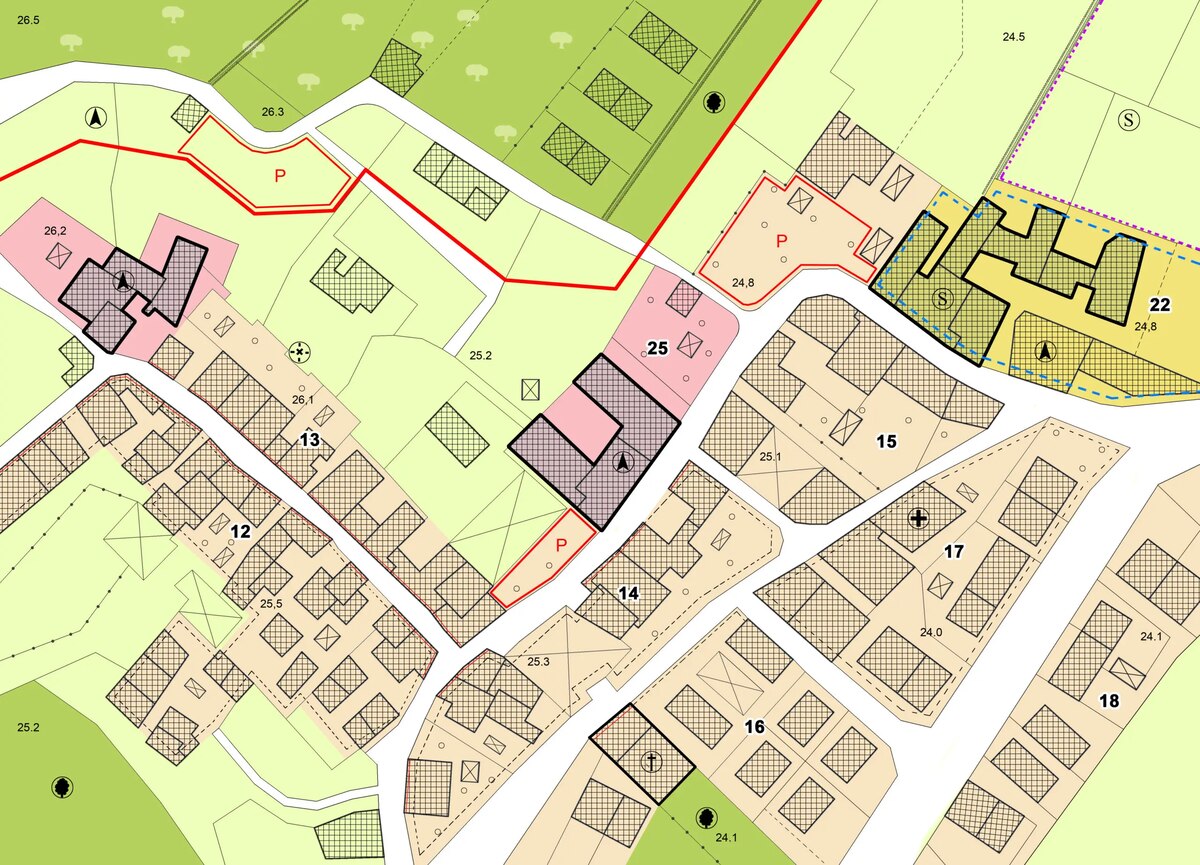

Planning & Engineering
How To Find Out Zoning Laws
Modified: October 20, 2024
Learn how to find out zoning laws in your area with the help of our expert planning engineering team. Ensure compliance and make informed decisions for your projects.
(Many of the links in this article redirect to a specific reviewed product. Your purchase of these products through affiliate links helps to generate commission for Storables.com, at no extra cost. Learn more)
Introduction
Welcome to the world of zoning laws! Whether you are a property owner, a real estate investor, or simply curious about how land use is regulated, understanding zoning laws is crucial. Zoning laws are local regulations that govern how land can be used in a specific area. They determine what types of activities and structures are allowed, such as residential, commercial, industrial, or recreational.
Why are zoning laws important? Zoning laws ensure that different land uses coexist harmoniously, maintain property values, and protect the overall character of a community. These laws dictate where you can build a house, start a business, or put up a billboard. Understanding zoning laws upfront can help you avoid costly mistakes and legal issues.
In this article, we will explore various methods and resources available to help you navigate and find out about zoning laws in your area. Whether you are conducting basic research or require specific information for a development project, these methods will assist you in obtaining accurate and up-to-date zoning information.
Key Takeaways:
- Understanding zoning laws is crucial for property owners and investors to avoid costly mistakes and legal issues. Zoning regulations vary by area and can be researched through online resources, local government offices, and professional assistance.
- Utilize online platforms, visit local government offices, or seek professional guidance to navigate zoning laws effectively. Stay informed, verify information, and comply with current regulations to ensure successful property development and use.
Read more: How To Find My Zoning District
Understanding Zoning Laws
Zoning laws are regulations put in place by local governments to control land use within their jurisdictions. These laws establish zoning districts, also known as zones or zones, which outline the permitted uses for different areas of land. Zoning laws aim to promote orderly development, protect property values, and ensure compatibility between different land uses.
Each zoning district has specific regulations that dictate the type of activities allowed, such as residential, commercial, industrial, agricultural, or mixed-use. These regulations often specify the size and height of structures, setbacks from property lines, parking requirements, and other details related to the physical characteristics of the land and buildings.
Understanding the various types of zoning designations is essential to comprehend the restrictions and allowances in a specific area. Some common zoning designations include:
- Residential: These zones are designated for housing, such as single-family homes, multi-family dwellings, or apartment complexes.
- Commercial: These zones are intended for commercial activities, including retail stores, offices, restaurants, and hotels.
- Industrial: These zones allow for manufacturing, warehousing, and other industrial activities.
- Agricultural: These zones are used for farming, ranching, and other agricultural purposes.
- Mixed-Use: These zones combine different types of land uses within the same area, promoting a mix of residential, commercial, and recreational activities.
It is important to note that zoning laws can vary significantly from one municipality to another. Therefore, it is essential to examine the specific regulations applicable to your location. These regulations can be found in the zoning ordinance or code for your area, which can typically be obtained from the local government or planning department.
Researching Zoning Laws
Researching zoning laws can be a daunting task, but with the right approach and resources, it can be manageable. Here are some methods you can use to gather information about zoning laws:
- Online Resources: The internet is a valuable tool for researching zoning laws. Many local government websites have zoning maps and ordinances available for public access. These websites often provide detailed information about zoning districts, regulations, and any updates or changes to the zoning laws. Additionally, there are also third-party websites that aggregate zoning information for multiple locations, making it easier to search for specific properties.
- Visiting Local Government Offices: If online resources are limited or you require more specific information, consider visiting your local government offices. The planning or zoning department will have experts who can guide you through the zoning regulations and answer any questions you may have. They can provide you with zoning maps, zoning codes, and any other pertinent documents.
- Public Records: Public records, such as property records and building permits, can often contain valuable information about zoning. These records can provide insights into the permitted uses and previous zoning designations for a specific property. Check with your local assessor’s office, county clerk’s office, or other relevant agencies to access these records.
- Professional Assistance: For complex projects or if you need specialized guidance, it may be beneficial to seek the help of a land use attorney, architect, or zoning consultant. These professionals have in-depth knowledge of zoning laws and can provide you with expert advice on navigating the regulations and obtaining necessary permits or variances.
It’s important to note that researching zoning laws may require patience and persistence. Zoning regulations can be complex and subject to change, so it is a good idea to double-check any information you find and stay updated with any amendments or revisions to the zoning laws in your area.
By utilizing these research methods, you can gain a better understanding of the zoning laws that govern your area and make informed decisions regarding your property or land use plans.
Online Resources
The internet is a valuable tool when it comes to researching zoning laws. There are several online resources that can provide you with information about zoning regulations in your area. Here are some useful online platforms for accessing zoning information:
- Local Government Websites: Most local government websites provide access to zoning maps, ordinances, and other relevant documents. These websites are often maintained by the planning or zoning department of the municipality. By visiting the website of your local government, you can find information about the zoning districts in your area, the permitted uses for each district, and any specific regulations or requirements that apply.
- Zoning Aggregation Websites: There are third-party websites that aggregate zoning information for various locations. These websites allow you to search for specific addresses or areas and obtain zoning details. Some popular zoning aggregation websites include ZoningPoint, Zonability, and ZoningInfo.
- Online Property Search Tools: Many cities and counties have online property search tools that provide information about individual parcels of land. These tools often include zoning information along with property tax records, ownership details, and other relevant data. By entering the address or parcel number of a specific property, you can access zoning information specific to that location.
- GIS Mapping Systems: Geographic Information System (GIS) mapping systems are powerful tools for visualizing and understanding zoning. Many local governments have interactive GIS maps that allow users to view zoning districts, overlays, and other spatial data. These maps can provide a clear visual representation of the zoning regulations in a particular area.
- Online Zoning Forums and Communities: Engaging in online forums and communities focused on zoning can be a valuable resource for obtaining information and insights. These platforms offer the opportunity to connect with other individuals who have experience or knowledge about zoning laws in your area. It is important to note that while online forums can provide useful information, it’s essential to verify any advice or information through official sources.
When using online resources to research zoning laws, it is important to verify the accuracy and reliability of the information obtained. Local government websites and official sources should be prioritized to ensure you have the most up-to-date and accurate zoning information for your area.
Remember that zoning laws can vary significantly depending on the location, so it is essential to focus your research on the specific municipality or jurisdiction you are interested in. By utilizing these online resources, you can gain valuable insights into zoning regulations and make informed decisions about property use and development plans.
Tip: Contact your local planning or zoning department to find out about zoning laws in your area. They can provide information on zoning maps, regulations, and any special permits required for your property.
Visiting Local Government Offices
If you prefer a more hands-on approach to researching zoning laws, visiting your local government offices can provide you with valuable information and guidance. Here are the benefits of visiting local government offices for zoning research:
- Expert Guidance: Local government offices, such as the planning or zoning department, have staff members who are well-versed in zoning regulations and can provide expert guidance. They can help you understand the zoning districts and their specific regulations, answer any questions you may have, and assist you in navigating the zoning process.
- Access to Official Zoning Documents: By visiting the local government offices, you can access official zoning documents, including zoning maps, zoning ordinances, and any amendments or updates. These documents provide detailed information about the zoning regulations, permitted land uses, zoning boundaries, and any special requirements or restrictions.
- Personalized Assistance: Local government offices can offer personalized assistance based on your specific needs and circumstances. Whether you are researching zoning laws for a property purchase, starting a new business, or considering a development project, the staff can provide tailored information and advice to help you make informed decisions.
- Building Relationships: Visiting local government offices allows you to establish relationships with the staff members who are responsible for enforcing and administering zoning regulations. Building a rapport with these individuals can be beneficial if you have ongoing questions or require further assistance in the future.
- Information on Zoning Meetings and Hearings: Local government offices often have information about upcoming zoning meetings, public hearings, and workshops. Attending these events can provide you with insights into proposed zoning changes, updates to regulations, and opportunities to voice your opinions or concerns.
When visiting local government offices, it is important to come prepared with specific questions and any relevant documentation or property information. This will enable the staff to provide you with more accurate and relevant information.
Keep in mind that local government offices may have specific operating hours or protocols for accessing zoning information. It is recommended to call ahead or check their website for any necessary appointments or requirements.
By visiting local government offices, you can gain firsthand knowledge, obtain official zoning documents, and receive personalized assistance, ensuring you have a deep understanding of zoning laws in your area.
Hiring a Professional
Navigating through zoning laws can be complex and overwhelming, especially if you have specific or intricate requirements. In such cases, hiring a professional can be beneficial. Here are a few reasons why you may consider hiring a professional for assistance with zoning matters:
- Expertise: Professionals, such as land use attorneys, architects, or zoning consultants, have specialized knowledge and expertise in dealing with zoning laws. They understand the complexities of the regulations and can guide you through the process, ensuring compliance and minimizing potential issues.
- Customized Advice: Professionals can provide you with tailored advice based on your specific needs and goals. Whether you are looking to develop a property, obtain a zoning variance, or address zoning violations, they can help you navigate the legalities and complexities to achieve your objectives.
- Negotiation Skills: If you are seeking variances or special exceptions to zoning regulations, professionals can assist you in presenting your case persuasively to the local government or zoning board. They can advocate on your behalf, explaining the benefits of your proposal and addressing any concerns or objections that may arise.
- Connections and Resources: Professionals often have established relationships with local government officials, planning departments, and other relevant parties. They can leverage these connections to gather information, expedite processes, and navigate bureaucratic hurdles more efficiently.
- Cost and Time Savings: While hiring a professional may involve an upfront cost, it can save you time, money, and potential headaches in the long run. Professionals understand the intricacies of zoning laws and can help you avoid costly mistakes, delays, or legal disputes.
When hiring a professional, it is important to choose someone with expertise and experience in zoning matters. Consider their track record, qualifications, and knowledge of local regulations. References and reviews can also be helpful in making an informed decision.
It is crucial to maintain open communication with your chosen professional, clearly communicate your needs and expectations, and ask any questions you may have to ensure a productive working relationship.
While hiring a professional can be advantageous, it is important to remain engaged and informed throughout the process. This will empower you to make well-informed decisions and provide valuable input to the professional assisting you.
Remember, professionals are there to assist and guide you, but ultimately, you are responsible for understanding and complying with the zoning laws that govern your property or project.
Conclusion
Navigating zoning laws is an essential aspect of property ownership, real estate investment, and land development. Understanding and complying with these regulations is crucial to ensure the orderly and sustainable growth of communities. In this article, we have explored various methods and resources to help you find out about zoning laws in your area.
By utilizing online resources such as local government websites, zoning aggregation platforms, and GIS mapping systems, you can access zoning information conveniently from the comfort of your own home. These resources provide valuable insights into zoning districts, permitted uses, and specific regulations.
Visiting local government offices offers personalized assistance, access to official zoning documents, and opportunities to establish relationships with the staff members responsible for enforcing zoning regulations. Their expertise and guidance can prove invaluable when navigating through the complexities of zoning laws.
In cases where zoning matters are complex or require specialized knowledge, hiring professionals such as land use attorneys, architects, or zoning consultants can provide you with customized advice, expert negotiation skills, and access to valuable resources and connections.
Regardless of the research method you choose, it is important to stay informed, double-check information, and ensure compliance with current and applicable zoning regulations. Zoning laws can change, and staying updated is crucial to avoid costly mistakes.
Remember, zoning laws exist to promote order, protect property values, and maintain the character of communities. Understanding these laws upfront can help you make informed decisions, avoid legal issues, and ensure the successful development and use of your property.
Whether you are a property owner, an investor, or simply curious about zoning laws, I hope this article has provided you with valuable insights and resources to navigate the world of zoning with confidence and ease.
Frequently Asked Questions about How To Find Out Zoning Laws
Was this page helpful?
At Storables.com, we guarantee accurate and reliable information. Our content, validated by Expert Board Contributors, is crafted following stringent Editorial Policies. We're committed to providing you with well-researched, expert-backed insights for all your informational needs.
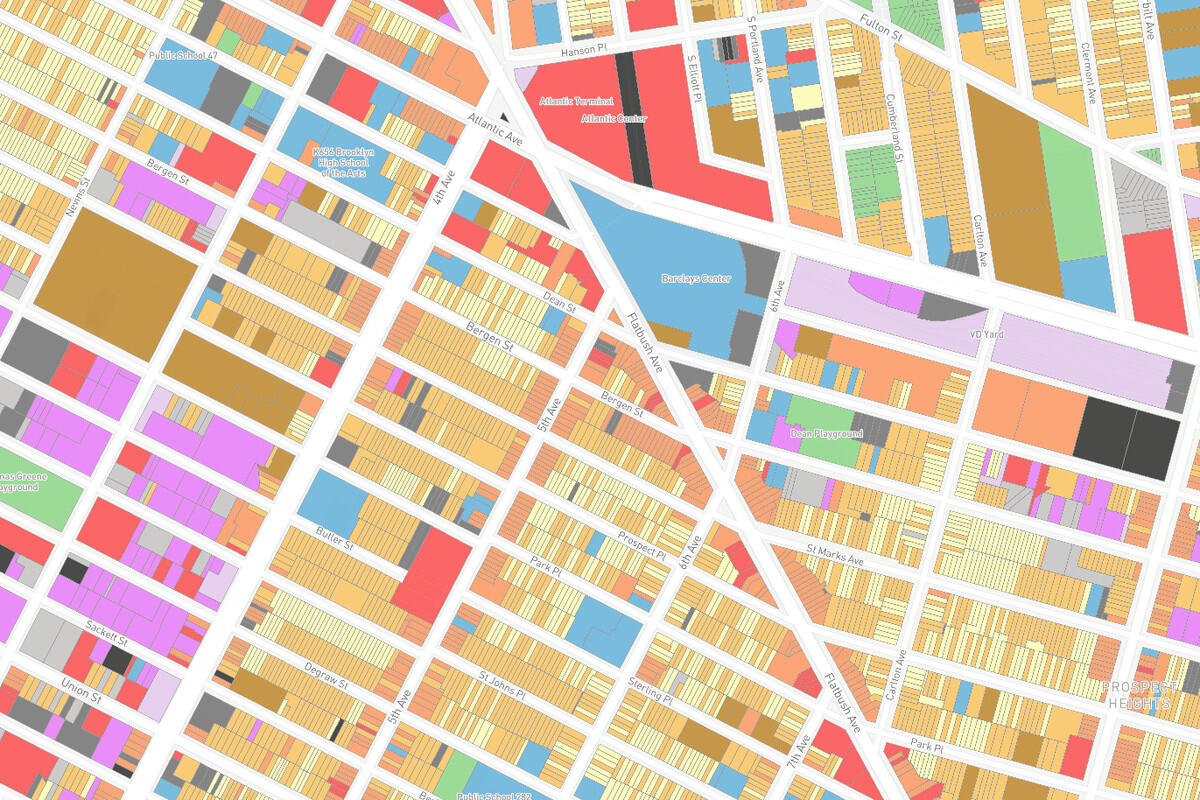
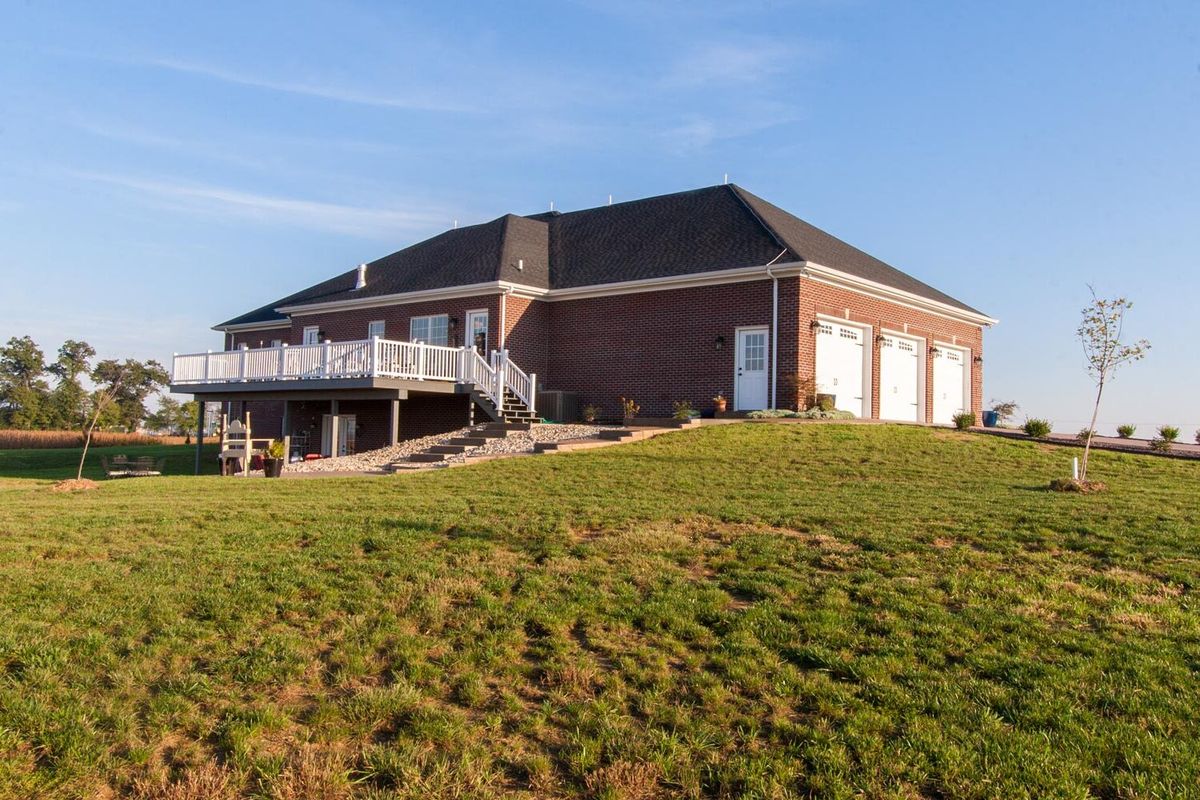


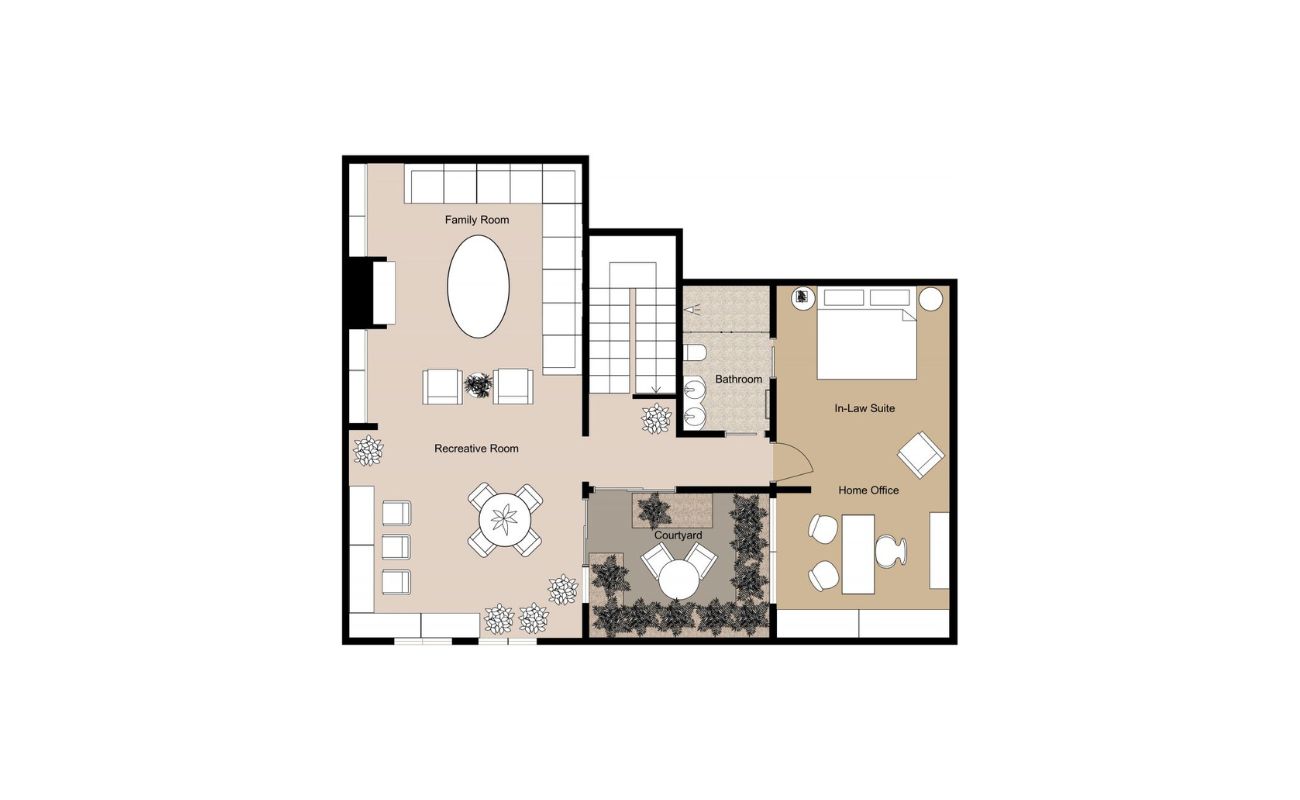


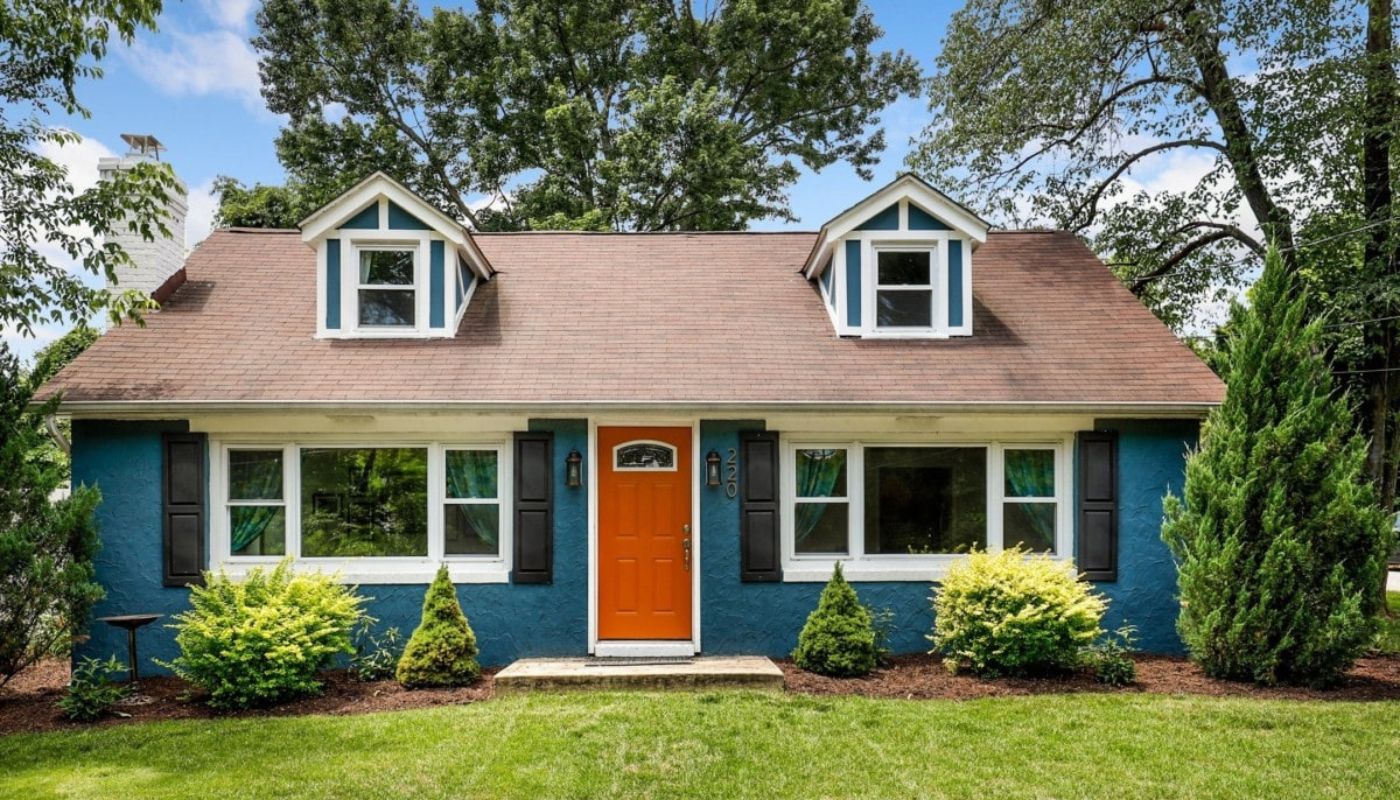







0 thoughts on “How To Find Out Zoning Laws”